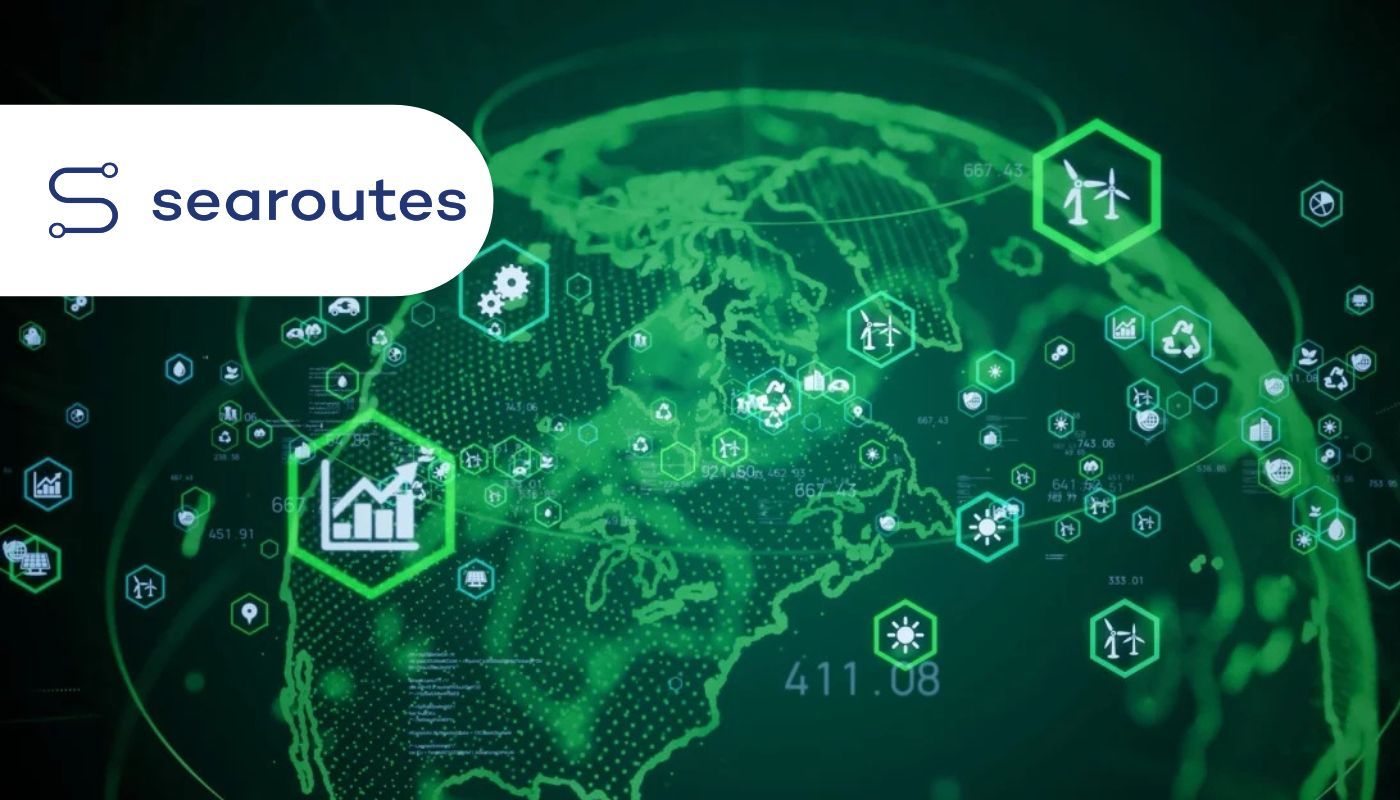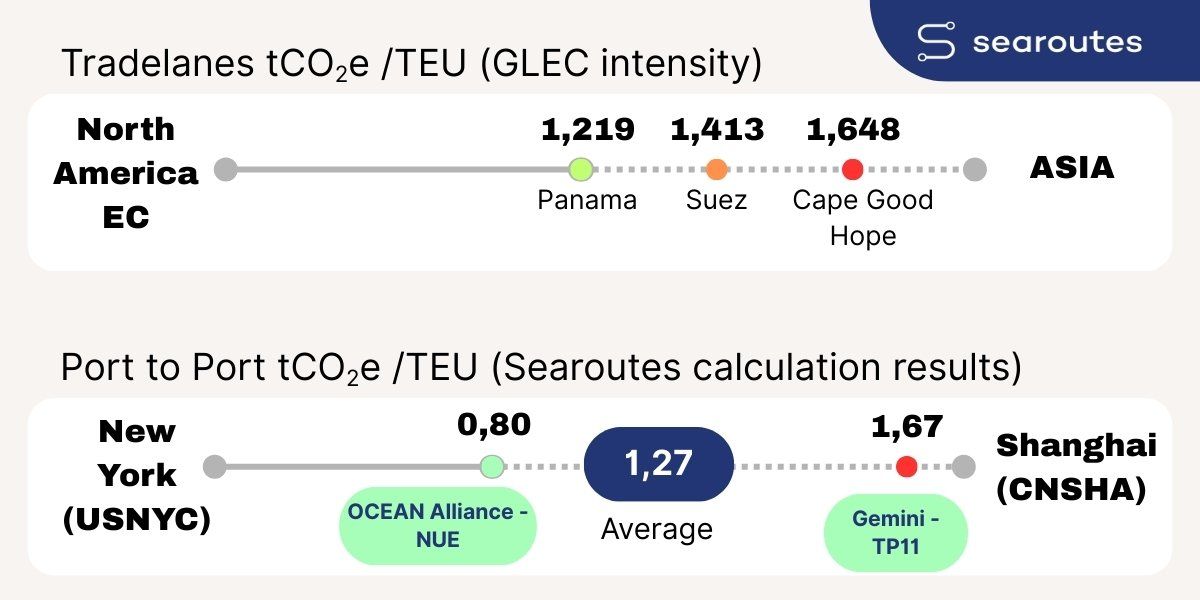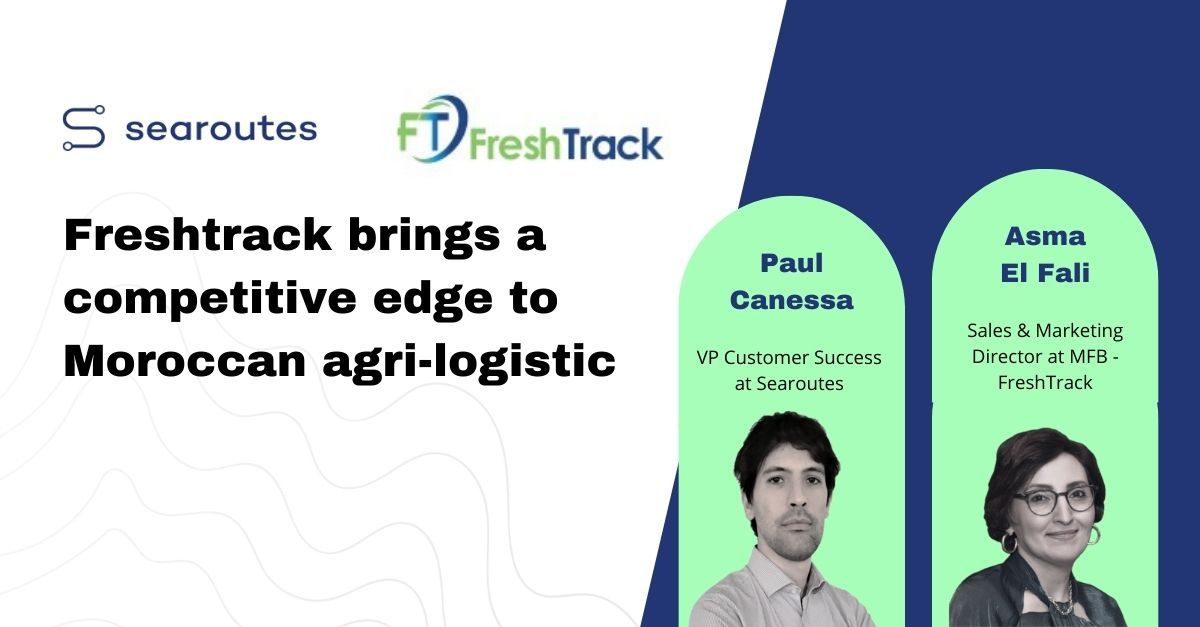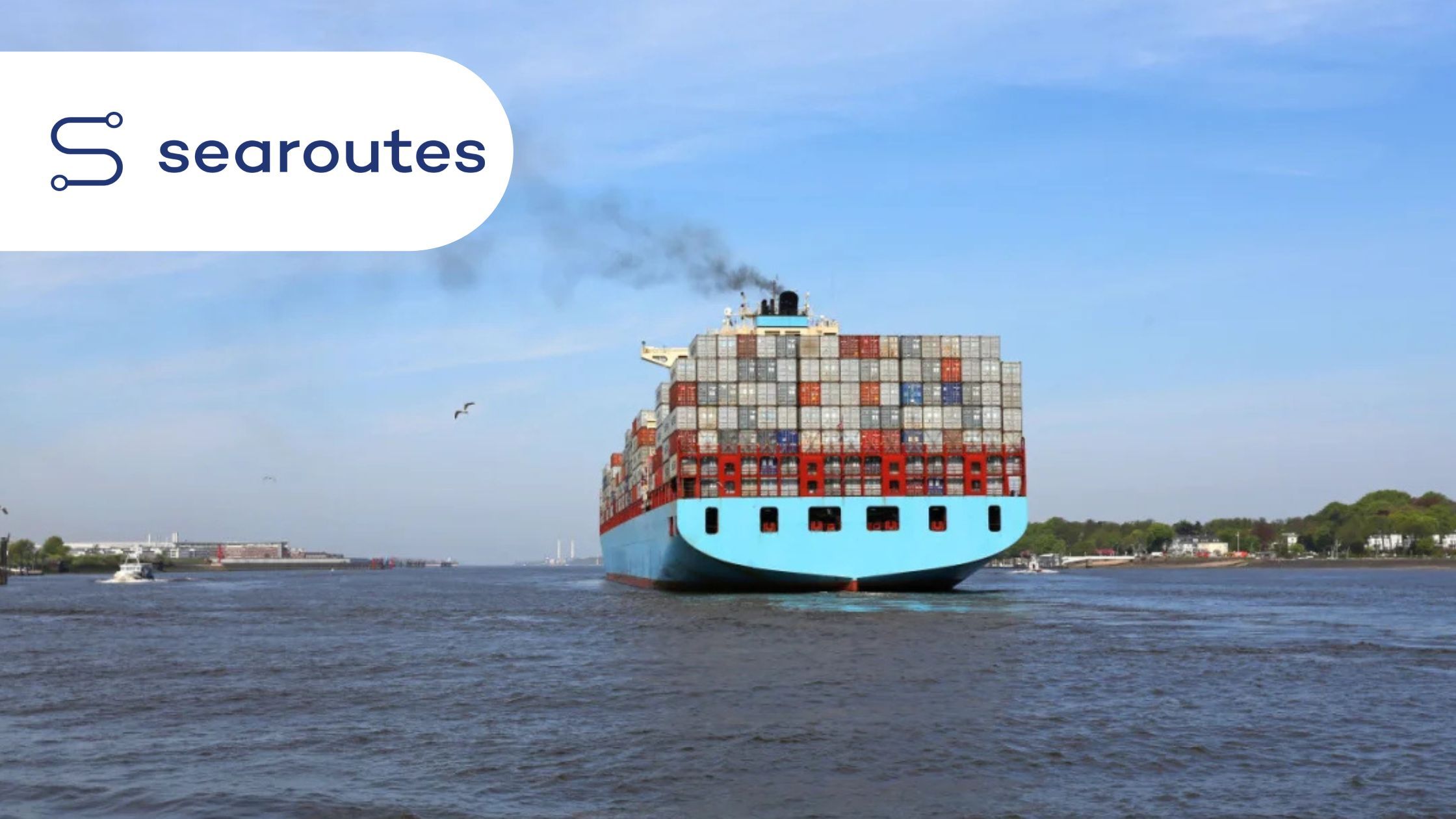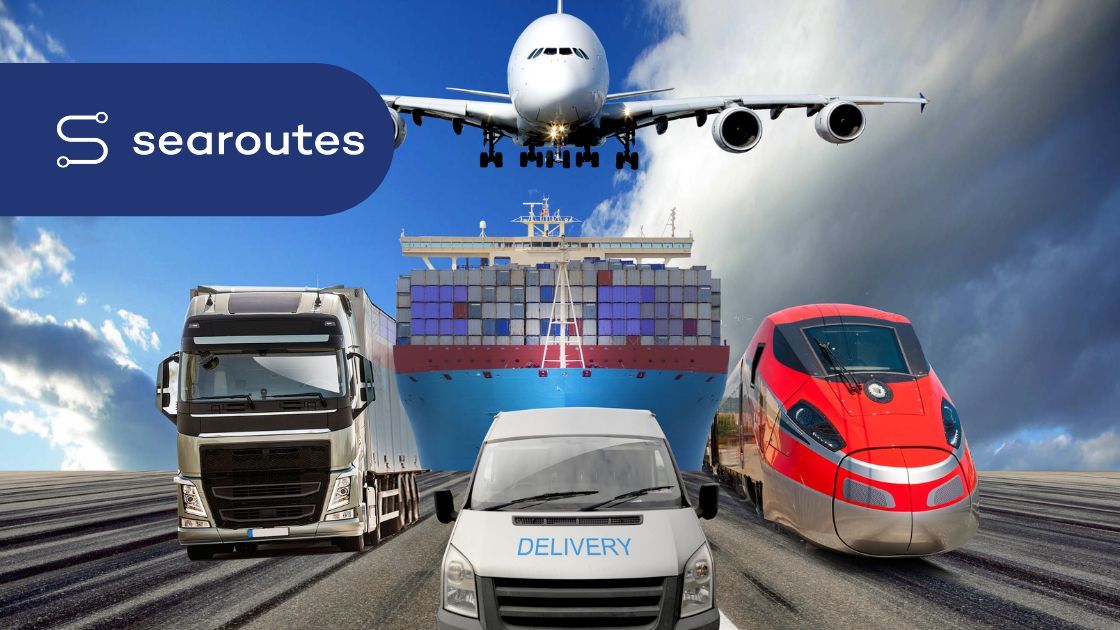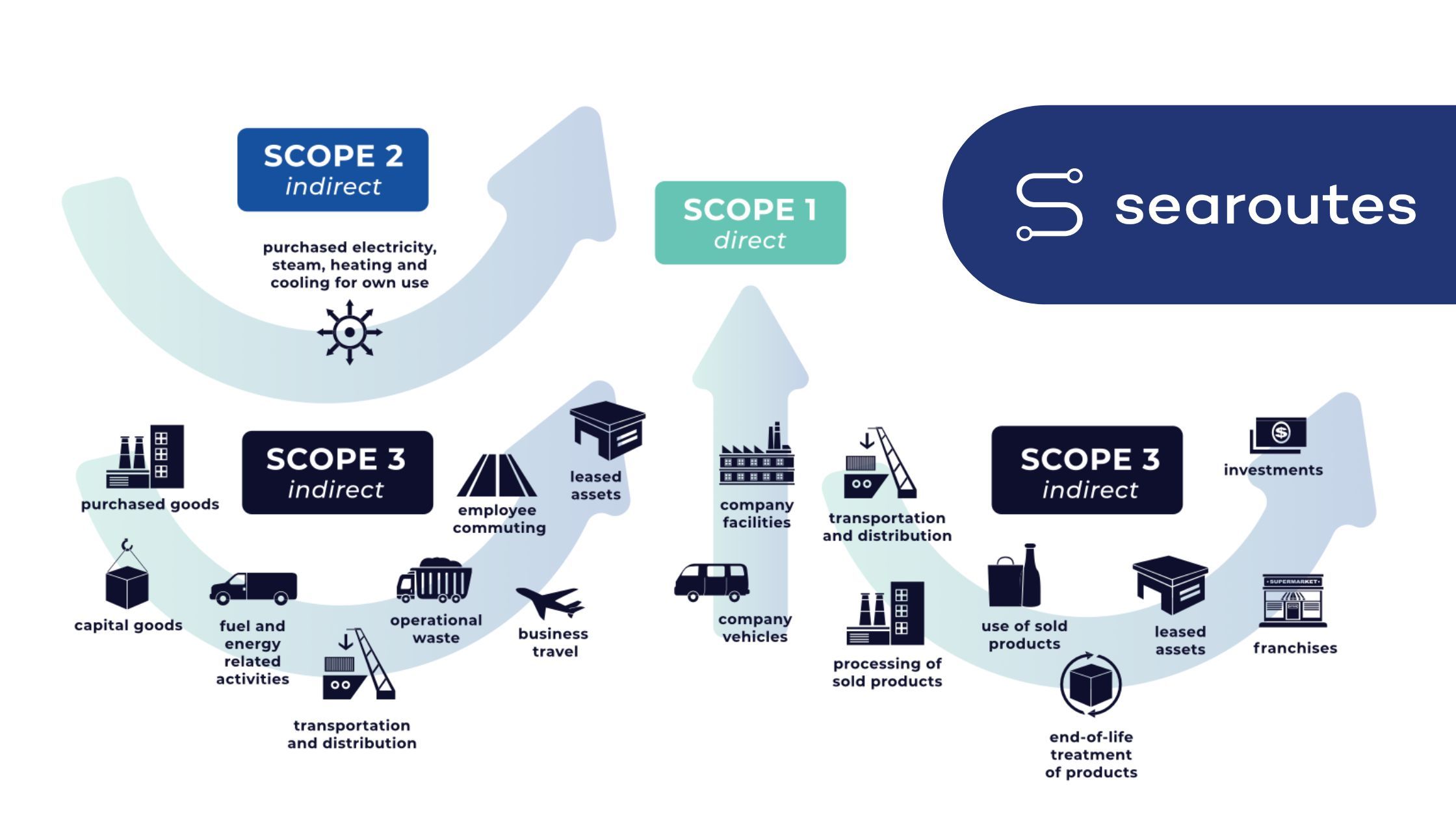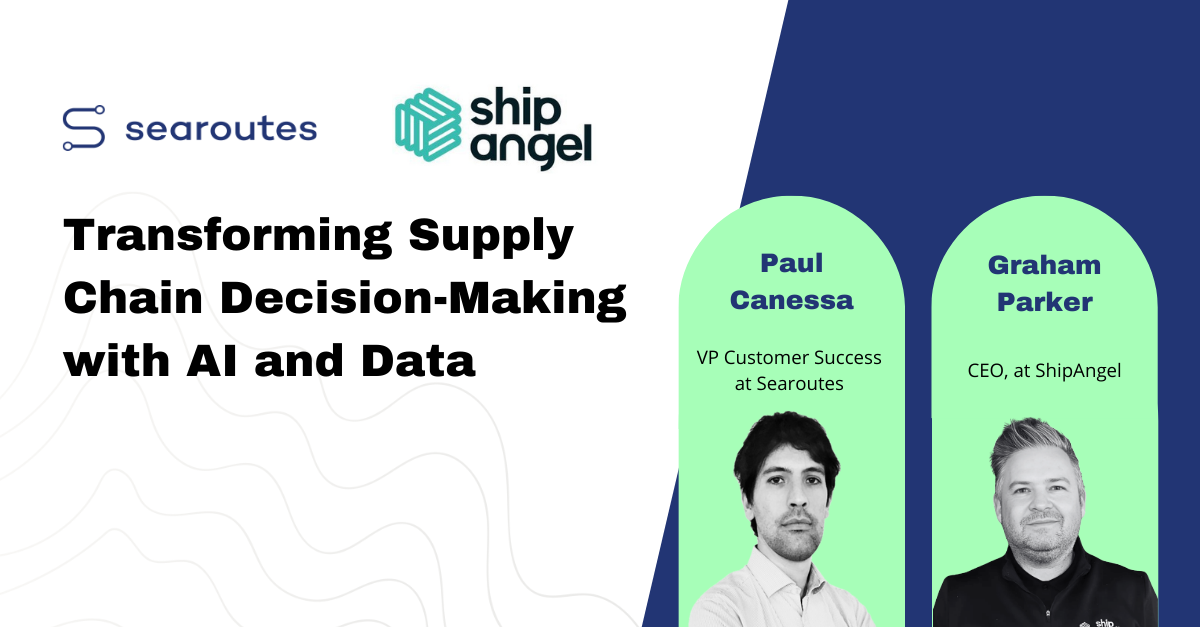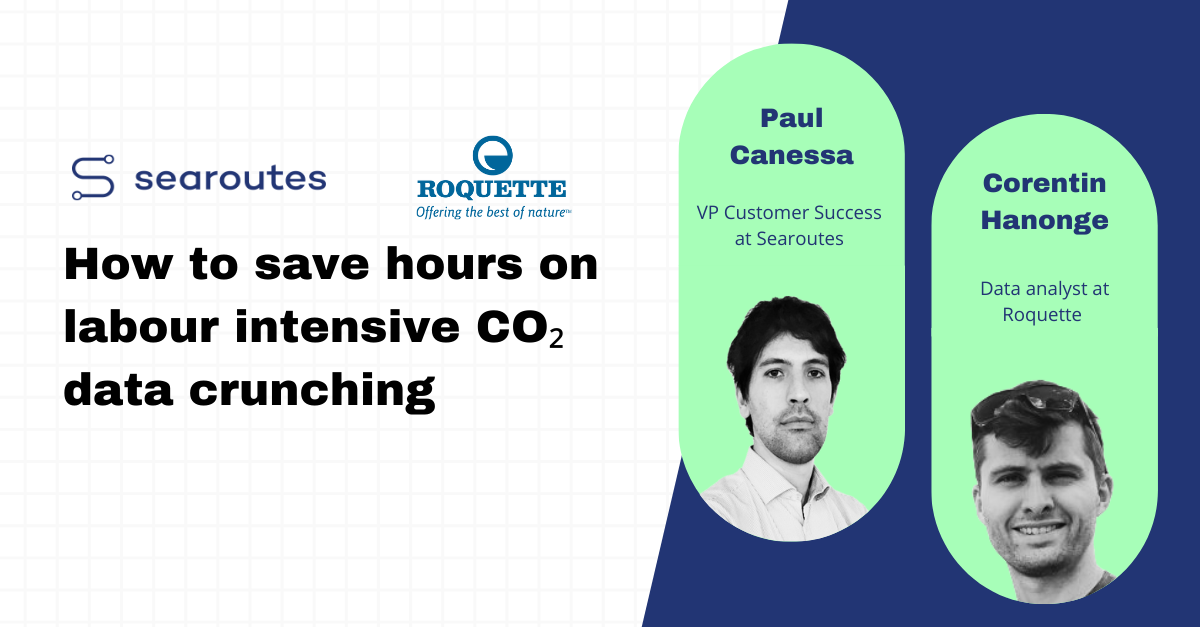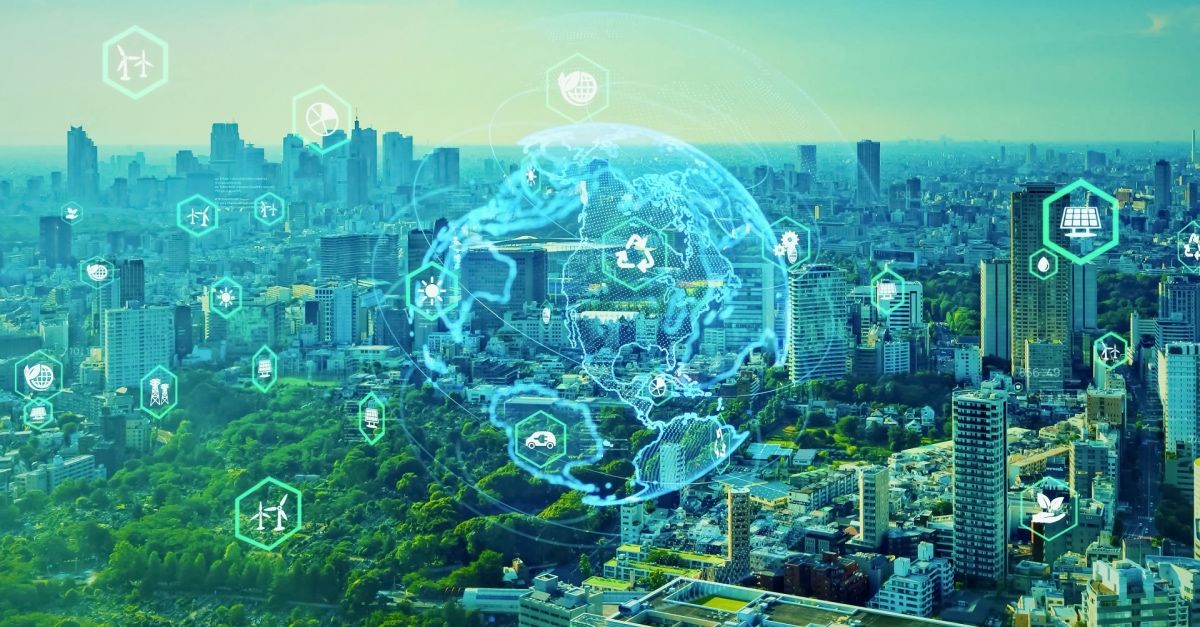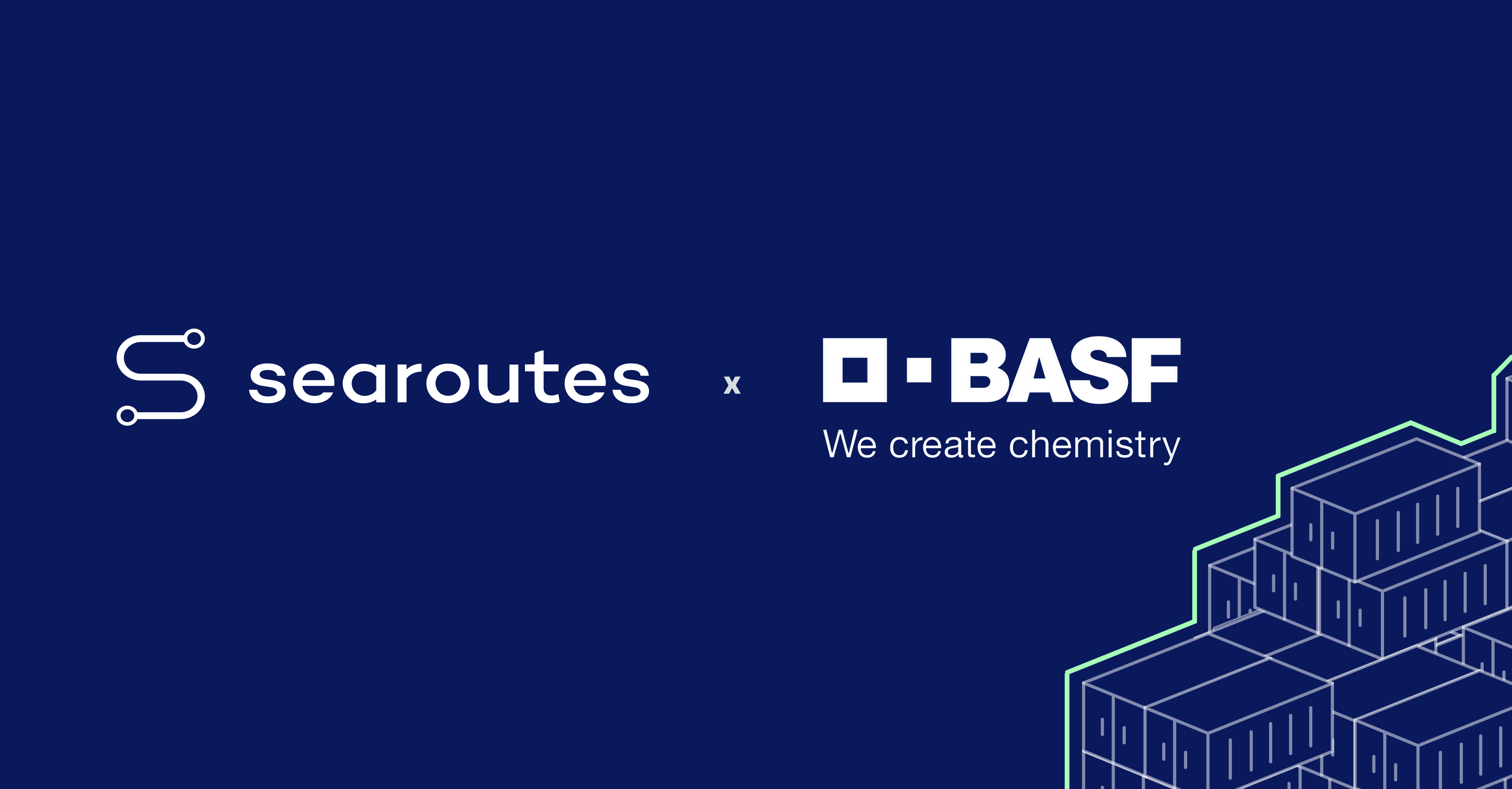Introduction: The Rising Demand for Sustainable Freight Forwarding
In 2026, the global logistics industry faces unprecedented pressure to decarbonize. With shipping responsible for nearly 3% of global greenhouse gas emissions and regulatory frameworks in place worldwide,...
Scope 3 Emissions Reduction Strategies: Proven Methods to Cut Supply Chain Carbon Impact
Scope 3 emissions account for up to 90% of most companies' total carbon footprint, making supply chain decarbonization essential for meaningful climate action. This comprehensive guide reveals three proven strategies that can reduce transportation emissions by 20% to 80%:...
How Freshtrack brings a competitive edge to Moroccan agri-logistic
FreshTrack’s AI-powered platform, combined with Searoutes’ carbon emissions data, is revolutionizing agri-logistics. Learn how real-time carbon tracking, dynamic dashboards, and route optimization help exporters cut emissions, comply with regulations, and win eco-conscious...
EEXI and CII: Guide to Shipping’s Sustainability Regulations with 2026 -2028 outlook
The IMO’s EEXI and CII regulations are reshaping shipping sustainability. This guide explains compliance requirements, 2026–2028 updates, and how shipowners can prepare for stricter carbon intensity targets.
Sea vs. Air Freight, Truck vs. Rail: How to Track and Reduce Carbon Emissions in Freight – transport modes compared
Looking to cut your freight emissions but unsure which transport mode is the greenest? Our guide compares the CO₂e footprint of rail, truck, air, and sea freight, helping you balance speed, cost, and sustainability. Discover actionable strategies to track, optimize, and reduce...
Scope 3 Emissions in Maritime Shipping: 2025 Guide & Best Practices
Scope 3 emissions are the largest and most complex part of most companies’ carbon footprints—especially in maritime shipping, where 90% of global trade moves by sea. With new regulations like the IMO 2023 GHG Strategy and EU CSRD, tracking and reducing these emissions is no...
Transforming Supply Chain Decision-Making with AI and Data
An interview of Graham Parker, Co-founder of ShipAngel, discussing with Paul Canessa, Searoutes VP Customer Success. What is ShipAngel and what does it do?
Graham Parker: ShipAngel is an operating system for shippers that was born at the end of the COVID era. We work with...
Interview with Corentin Hanonge, Data Analyst at Roquette
Roquette Group is a global leader in the production of pharmaceutical ingredients, animal nutrition, food, plant care products, and cosmetics derived from starch. We operate 30 manufacturing sites worldwide and employ 10,000 people globally.
The Argument for Supply Chain Sustainability in 2025
A robust sustainability regimen enables a company to fulfill regulatory mandates with relative ease, and it demonstrates to investors and customers a commitment to making the world a better place.
BASF Leverages Searoutes Data in Their Freight Negotiations
Searoutes is proud to work with companies like BASF and provide them with carbon insights that they can use as leverage in their freight negotiations allowing them to make significant freight reductions.
